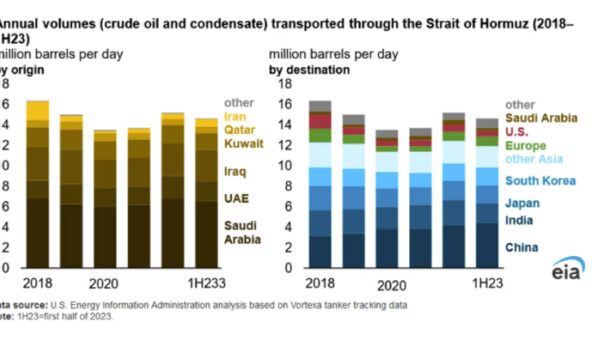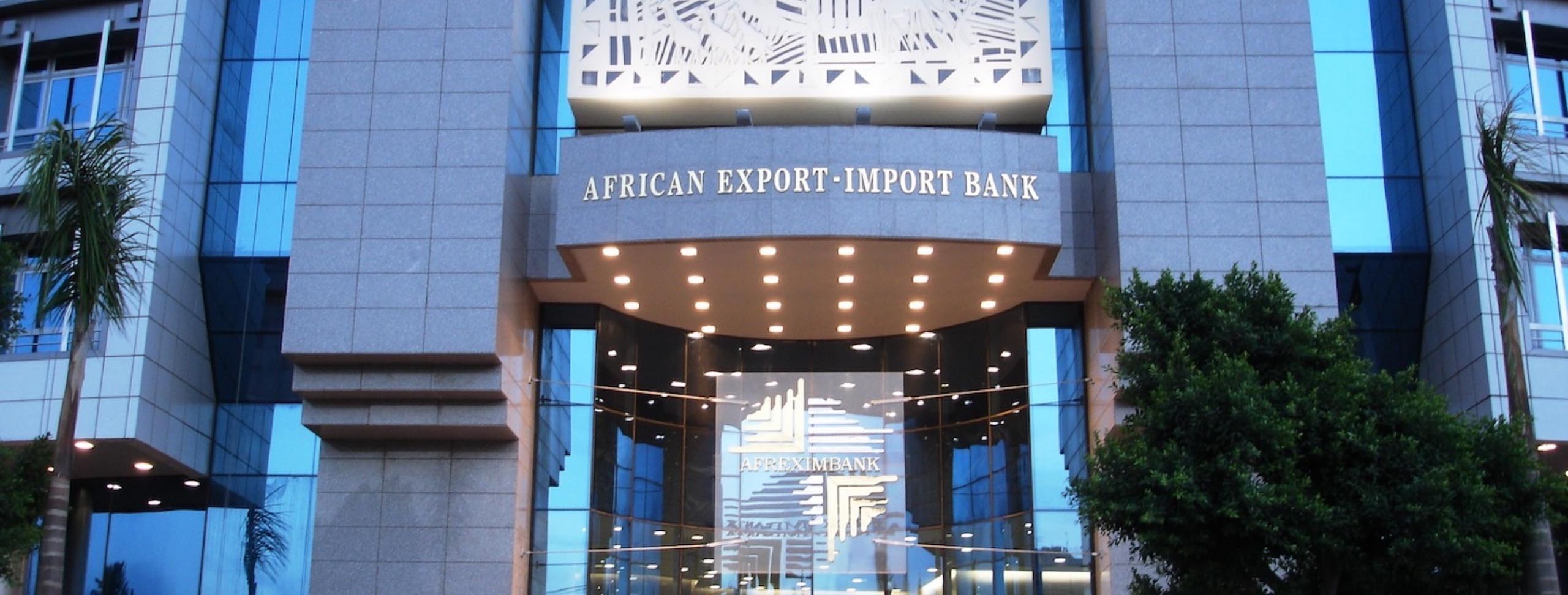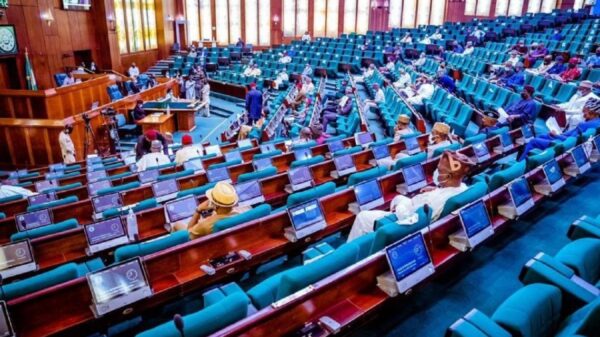The African Export-Import Bank drives economic growth through strategic agreements.
In a significant move to bolster various economic sectors across the African continent, the African Export-Import Bank (Afreximbank) has recently inked several agreements with strategic partners. These collaborations are poised to catalyze growth and development in diverse fields, from agriculture to manufacturing and regional integration.
FDH Bank Malawi’s $10 million facility agreement
A milestone was reached as FDH Bank Malawi and Afreximbank signed a facility agreement valued at $10 million. The Deputy Managing Director of FDH Bank, George Chitera, and Gwen Mwaba, Director of Trade Finance at Afreximbank, formalized the agreement. This financial infusion is directed towards supporting FDH Bank’s clients in the timely importation of fertilizer for the upcoming 2023–2024 growing season in alignment with the Malawian government’s agricultural expansion strategy.
Exodus and Company’s $141 million investment in Zimbabwe
Exodus and Company Private Limited sealed a $141 million Intra-Africa Investment Finance Facility Document with Afreximbank. Progress Mambo, CEO of Exodus, and Denys Denya, Executive Vice President for Finance, Administration, and Banking Services at Afreximbank, signed the document. This injection of funds aims to boost manufacturing in Zimbabwe by enabling the Exodus to acquire and develop land for both industrial and residential purposes.
International Centre for Regional Integration and Trade Research Partnership
In a bid to foster groundbreaking research and capacity-building, the International Centre for Regional Integration and Trade Research signed a Memorandum of Understanding (MOU) with Afreximbank. Charles Okechukwu Esimone, Vice Chancellor of Nnamdi Azikiwe University in Nigeria, and Kanayo Awani, Executive Vice President of Intra-African Trade Bank at Afreximbank, formalized the agreement. This collaboration seeks to drive Africa’s progress in regional integration and trade, with a focus on shaping trade and economic policies through academia’s involvement.
Boosting Intra-African Trade: AfTRAF Facilities for BANCOBU and BCB
Banque Commerciale du Burundi (BANCOBU) secured a $55 million AfTRAF Facility in the presence of Burundi’s Minister of Finance. Sylvere Bankimbaga, Deputy Managing Director of BANCOBU, and Rene Awambeng, Global Head of Client Relations at Afreximbank, inked the agreement. This facility is set to enhance Burundi’s ability to trade with other African and global partners, particularly the petroleum product trade with Tanzanian oil traders.
Similarly, Banque de Crédit de Bujumbura (BCB) signed a $40 million AfTRAF Facility, emphasizing the expansion of trade activities and the establishment of correspondent banking relationships. Roger Guy Ghislain Ntwungeye, Managing Director of BCB, and Rene Awambeng, Global Head of Client Relations at Afreximbank, formalized the agreement.
Lilium Gold Customer’s $75 Million Trade Finance Line of Credit
Afreximbank’s commitment to advancing critical sectors of African nations’ economies was underscored by the signing of a $75 million trade finance line of credit with Lilium Gold Customer. Simon Tiemtore, Chairman of Lilium Capital, and Helen Brume, Director of Project and Asset-Based Finance at Afreximbank, signed the agreement. This substantial investment will significantly enhance Burkina Faso’s mining infrastructure through the acquisition of the Boungou and Wahgnion gold mines. Afreximbank’s contribution as the solely mandated lead arranger reflects its dedication to promoting intra-African trade, industrial development, and regional integration.
Sipho Nkosi resigns from Sasol, Ahead of AGMI
In a surprising turn of events, Sipho Nkosi, the chairperson of Sasol, has resigned from his role just before the group’s Annual General Meeting (AGM). Scheduled for Friday, the AGM was expected to center around Sasol’s climate targets, a crucial topic given the global emphasis on environmental sustainability.
Sudden Resignation and Climate Targets
Sipho Nkosi’s abrupt resignation has added a layer of complexity to Sasol’s corporate landscape. As the outgoing chairperson, Nkosi’s absence means that he will not preside over the AGM, where the company’s climate targets were poised to take center stage. The timing of this departure, on the eve of a critical shareholder meeting, raises questions about the motivations and implications behind Nkosi’s decision.
Shareholder dissatisfaction and climate performance
One of Sasol’s prominent shareholders, Old Mutual, has already signaled discontent by stating that it will not vote in favor of the majority of the group’s resolutions. The primary reason cited for this dissent is Sasol’s perceived poor performance in meeting climate targets. This places the company under increased scrutiny, as shareholders are becoming increasingly vocal about their expectations regarding corporate responsibility and environmental stewardship.
Implications for Sasol’s Leadership
With Sipho Nkosi stepping down, the search for a new Sasol CEO will now be under the purview of a new chairperson. This succession planning adds another layer of complexity to Sasol’s current challenges. The incoming leadership will need to address not only the environmental concerns raised by shareholders but also navigate the broader landscape of the energy sector, ensuring sustainable practices and profitability.
Focus on Climate Targets at the AGM
The AGM, now without Sipho Nkosi at the helm, is expected to place a heightened focus on Sasol’s climate targets. Shareholders, including Old Mutual, are likely to express their concerns and expectations regarding the company’s commitment to reducing emissions. This shift in leadership dynamics adds a layer of uncertainty to the AGM, making it a pivotal moment for Sasol to communicate its strategy and actions regarding climate change to its stakeholders.
In conclusion, Afreximbank’s strategic agreements mark a positive step towards economic growth and collaboration across Africa. The partnerships forged with various institutions underscore the commitment to fostering development in key sectors.
Simultaneously, Sipho Nkosi’s resignation from Sasol adds an unexpected twist to the corporate narrative, with climate targets taking center stage at the upcoming AGM. The coming weeks will undoubtedly witness developments that shape the trajectory of both Afreximbank and Sasol, influencing not only their immediate stakeholders but also the broader African and global business landscapes.


























































You must be logged in to post a comment Login